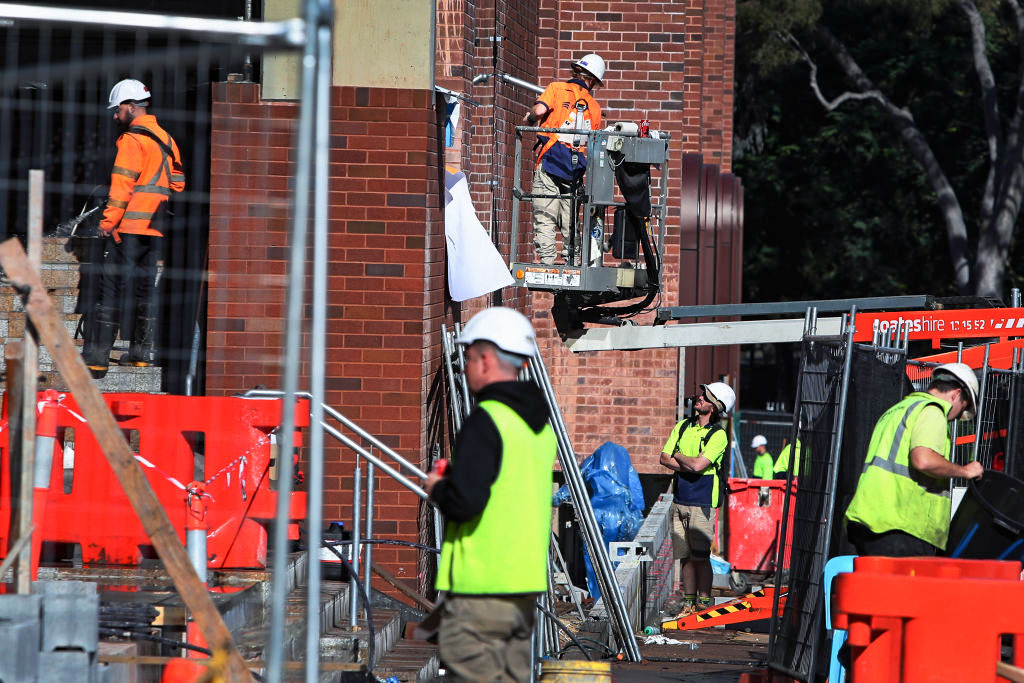The origins of 'Hoo-ah', the war cry that ruined Al Pacino
The origins of 'Hoo-ah', the war cry that ruined Al Pacino, can be traced back to his Oscar-winning role in 1992's 'Scent of a Woman.'

(Credit: Netflix / Universal Pictures)
Film » Cutting Room Floor
Fri 31 January 2025 21:15, UK
In 2014, Vanity Fair published a video of several Hollywood stars giving their best Al Pacino impressions. There were a few unique choices, such as Chris Evans channelling coked-up Pacino in Heat or Laura Dern giving her best version of the “out of order” speech from …And Justice for All. However, most stars—including Benedict Cumberbatch and Reese Witherspoon—simply stared the interviewer in the face and excitedly bellowed, “Hoo-ah!” In truth, this emphatic exclamation is now the default method of executing a hilarious Pacino impression, but where did it come from, and how did it get associated with an actor who was once so quiet?
In 1992, Pacino starred in the movie that would finally win him the Academy Award for ‘Best Actor’ at the eighth time of asking. Scent of a Woman was a Martin Brest drama about a young prep school student who accepts a job as the companion to a recently retired blind Army colonel. Pacino played Lieutenant Colonel Frank Slade as a roiling mass of depression, anger, charisma, and vitality, and the Academy ate it up.
Many fans believe the Academy finally chose to honour Pacino out of a sense of lifetime achievement, as opposed to Slade truly being his best role. However, that doesn’t change how popular Scent of a Woman was or how Pacino’s livewire portrayal coloured almost every performance going forward. A man once known for playing deeply internal, almost supernaturally quiet characters had been on a journey since 1983’s Scarface toward Slade, a shouty man with a hair-trigger temper – and a unique catchphrase.
Throughout the film, Slade yelled, “Hoo-ah!” at any given opportunity. He used it to emphasise sentences, express excitement, or acknowledge something happening—and audiences loved it. Soon, everyone who saw the film was screaming, “Hoo-ah!” to their family and friends, and it became synonymous with this new version of Pacino.
What inspired Pacino to say it in the film, though? Well, it came from the extensive research and training the star put himself through to accurately portray a blind military man. He needed to know how to load and unload a .45 calibre handgun believably as a man with no sight, so he sought out a real Army lieutenant to teach him. “You know, it’s complicated,” Pacino told Role Recall. “You gotta pick it apart and then put it back together again in 45 seconds. And there’s a lot of little things you gotta learn.”
As the intense training process continued, Pacino got faster and faster at loading and unloading his gun. Every time he did something right, though, the lieutenant would say, “Hoo-ah,” and Pacino eventually asked him what that word meant. He replied, “Oh, that’s what we do. Hoo-ah! With the troops going along.”
Indeed, Pacino didn’t know that “Hoo-ah” has been a term used by the US Army since the Second Seminole War in 1841. Since World War II, though, it has become ubiquitous and all-encompassing, as it can mean almost anything except “No.” In general, though, it’s usually uttered to express “Heard, understood, and acknowledged.”
As soon as Pacino was told what it meant, the gears in his head started turning. He realised, “I gotta use that” and it soon became attached to him forever. In truth, though, Pacino has never seemed to feel any angst over the expression being attached to him in such a comedic fashion. In his opinion, “That comes from heaven, that stuff.”
Related Topics
Academy AwardsAl Pacino












:max_bytes(150000):strip_icc():focal(749x0:751x2)/Anastasia-Potapova-Alexander-Shevchencko-tout-013125-86bad89f3cc941d0bd97913166b2ec9c.jpg)




